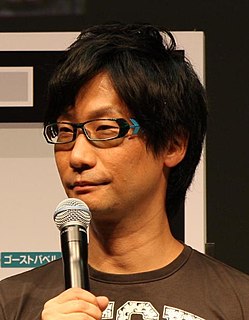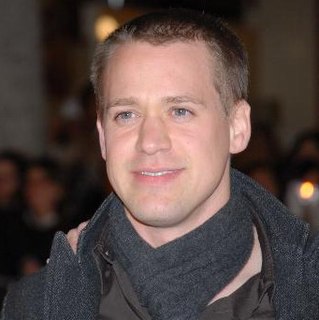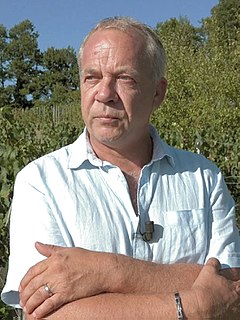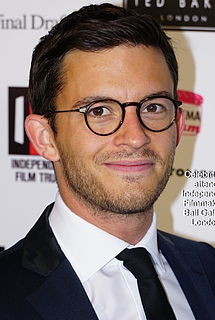A Quote by Esther Perel
Today, our sexuality is an open-ended personal project; it is part of who we are, an identity, and no longer merely something we do.
Related Quotes
If you embrace a project that will require time and patience, then you need something to work on. So the first step of the project is to create an identity. If you don't have an identity, then today you want this player and tomorrow another one. If you have an idea and a shape, then this is how you develop an identity.
Sexuality is a part of our behavior. It's part of our world freedom. Sexuality is something that we ourselves create. It is our own creation, and much more than the discovery of a secret side of our desire. We have to understand that with our desires go new forms of relationships, new forms of love, new forms of creation. Sex is not a fatality; it's a possibility for creative life. It's not enough to affirm that we are gay but we must also create a gay life.
We no longer just take religious identity from our parents, so what's going on? Why are people going to this series, why are people reading so many books about religion? It's because they want answers. The answers are no longer just passed down from generation to generation. It's harder for people. In effect, you have to roll up your sleeve and ask the questions. But if you do it, if you forge your own identity, it can be much more personal and much more meaningful to you.
I don't know why but I love this kind of project, when it's a little difficult and when you have a history. The beginning of the story of viticulture was in the Middle East, and it was a different generation than the science and logistics of today. My passion is to go into the past to make wine. Wine is something cultural, not only something to drink. I always try to find the identity of the place.
The identity of just one thing, the "clash of civilization" view that you're a Muslim or a Hindu or a Buddhist or a Christian, I think that's such a limited way of seeing humanity, and schools have the opportunity to bring out the fact that we have hundreds of identities. We have our national identity. We have our cultural identity, linguistic identity, religious identity. Yes, cultural identity, professional identity, all kinds of ways.
Like the Pentagon, our social science often reduces all phenomena to dollars and body counts. Sexuality, family unity, kinship, masculine solidarity, maternity, motivation, nurturing, all the rituals of personal identity and development, all the bonds of community, seem "sexist," "superstitious," "mystical," "inefficient," "discriminatory." And, of course, they are -- and they are also indispensable to a civilized society.



































